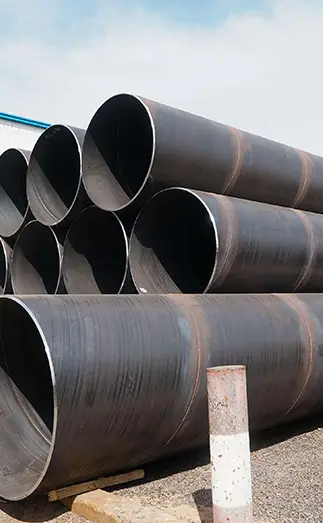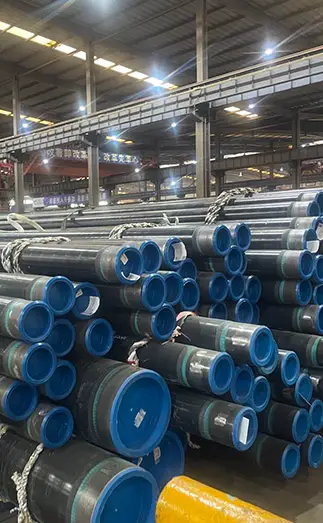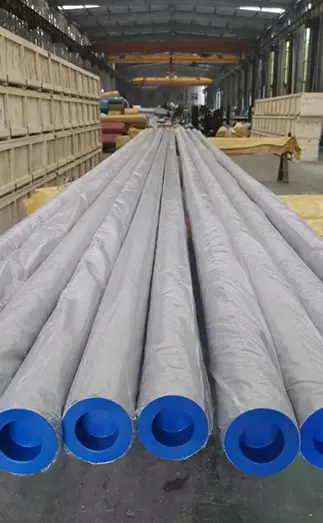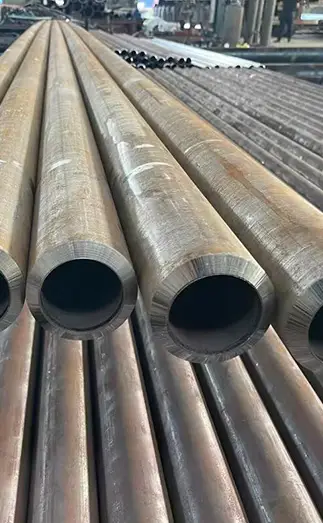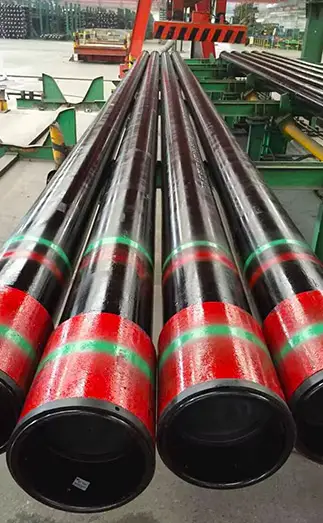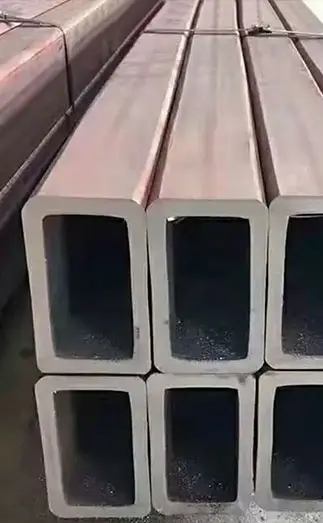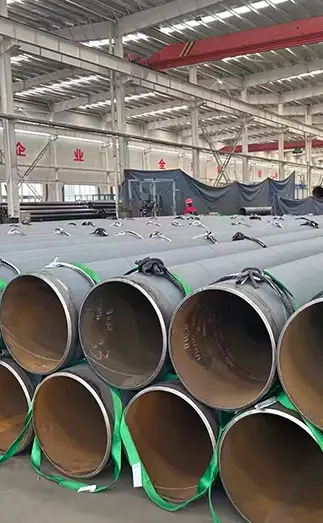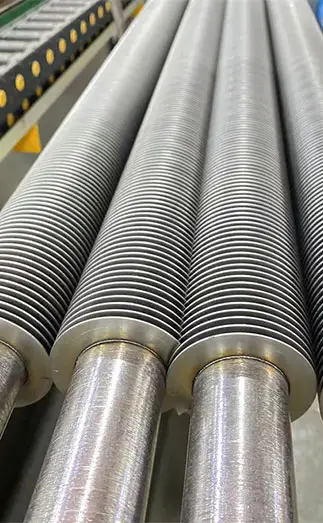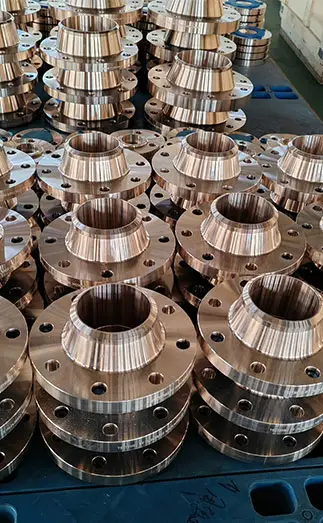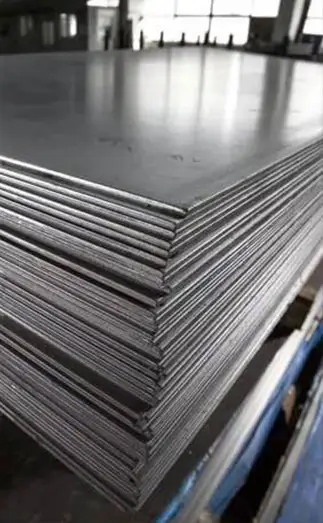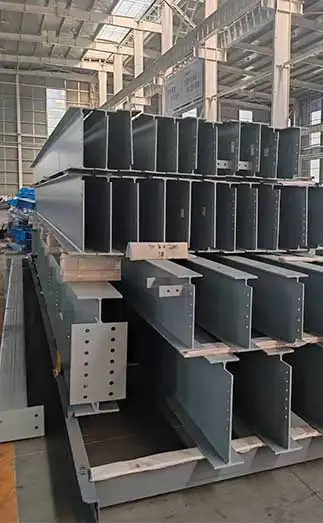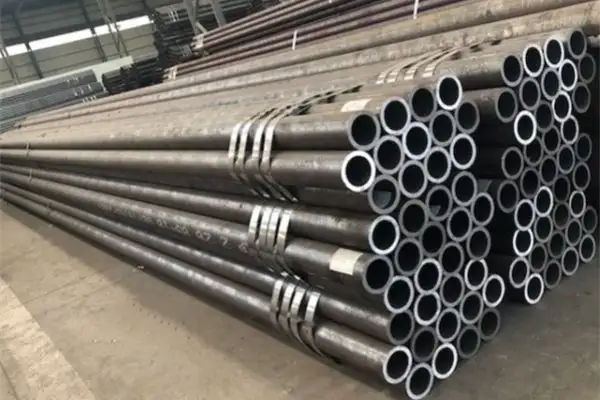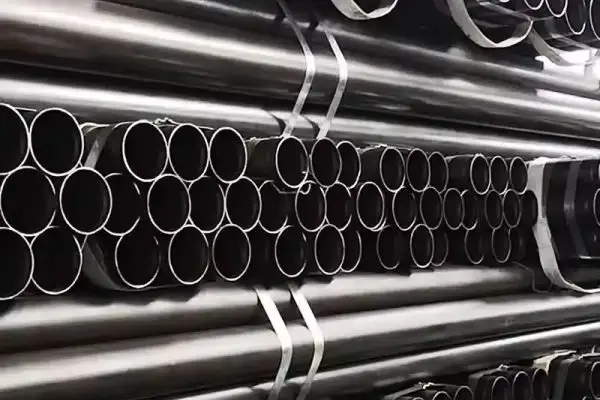ASTM A106 Gr.B seamless steel pipe is a widely used material for industrial pipelines due to its solid mechanical properties and high-temperature performance. However, when transporting corrosive media or operating in humid, chemical, or underground environments, the bare steel pipe may face significant corrosion risks.
Plastic coating—applying a protective plastic layer to the pipe’s inner and/or outer surface—effectively solves this problem by forming a continuous anti-corrosion barrier.
Why ASTM A106 Gr.B Pipes Need Plastic Coating
In real applications, corrosion commonly occurs due to:
Chemical fluids attacking the inner wall
Moisture, salts, or chemicals corroding the outer wall in outdoor or underground installations
A plastic-coated pipe functions like a protective armor, isolating the steel substrate from both internal and external corrosive media and dramatically extending its working life.
Plastic Coating Process for ASTM A106 Gr.B Pipes
Plastic coating is a standardized and rigorous multi-step process:
1. Surface Pretreatment
Removal of rust, scale, oil using sandblasting or shot blasting
Ensures proper bonding between steel and coating
Achieves required cleanliness and surface roughness
2. Preheating
Eliminates moisture
Brings pipe to optimal coating temperature
Ensures the coating powder melts evenly
3. Coating Application
Common methods include electrostatic spraying and dip coating.
Coating powders include:
Epoxy resin (strong adhesion, chemical resistance)
Polyethylene (PE) (flexibility, impact resistance)
4. Curing & Leveling
Entering curing oven for melting, cross-linking, hardening
Critical for adhesion, impact strength, and corrosion resistance
5. Cooling & Quality Inspection
Coating thickness check
Surface defect inspection
Adhesion and continuity tests
Only qualified pipes are delivered for installation.
Common Coating Materials of ASTM A106 Gr.B Pipes
Epoxy Resin Coating
Excellent adhesion
Hard and wear-resistant surface
Ideal for internal protection of oil, chemical media, and sewage pipelines
Wide operating temperature range
Polyethylene (PE) Coating
Great flexibility and impact resistance
Very low water absorption
Often used for external coating, especially for buried pipelines or road crossings
Smooth surface reduces flow resistance
Performance Improvements After Plastic Coating
1. Strong Corrosion Resistance
Efficiently isolates steel from corrosive fluids and environments.
2. Extended Service Life
Slows corrosion, reduces maintenance and replacement frequency.
3. Reduced Flow Resistance
Smooth inner coating reduces friction and improves transmission efficiency—saving energy and operating costs.
4. Added Physical Protection
Coatings like PE absorb mechanical impact, minimizing external damage.
Precautions for Transport, Storage & Installation
Avoid dropping or hitting coated pipes
Store on flat surfaces and avoid long-term exposure to sunlight/rain
Protect coatings near weld areas during installation
Repair any coating damage following standard procedures
Conclusion
Plastic-coated ASTM A106 Gr.B seamless steel pipes provide superior performance in demanding environments by combining the strength of seamless steel with the corrosion resistance of polymer coatings. Understanding the coating process, materials, and safeguards helps ensure reliable, long-term operation in oil, gas, chemical, water supply, and industrial pipeline systems.



 English
English Español
Español Français
Français بالعربية
بالعربية